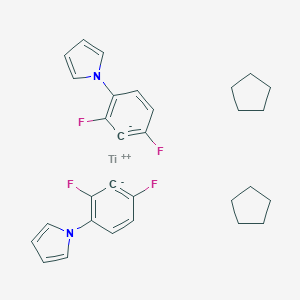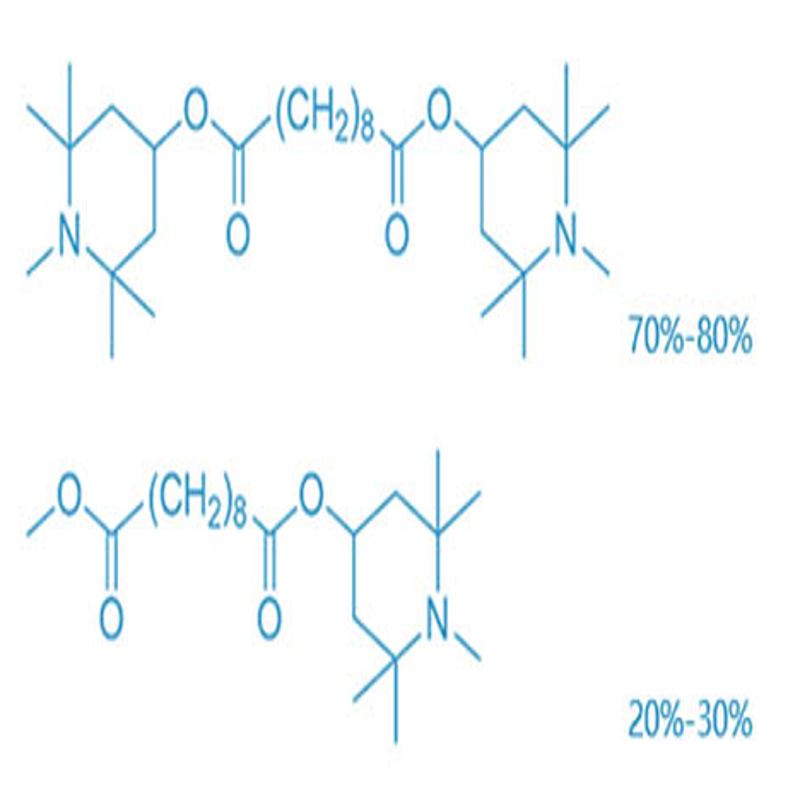-
Categories
-
Pharmaceutical Intermediates
-
Active Pharmaceutical Ingredients
-
Food Additives
- Industrial Coatings
- Agrochemicals
- Dyes and Pigments
- Surfactant
- Flavors and Fragrances
- Chemical Reagents
- Catalyst and Auxiliary
- Natural Products
- Inorganic Chemistry
-
Organic Chemistry
-
Biochemical Engineering
- Analytical Chemistry
-
Cosmetic Ingredient
- Water Treatment Chemical
-
Pharmaceutical Intermediates
Promotion
ECHEMI Mall
Wholesale
Weekly Price
Exhibition
News
-
Trade Service
Japanese chemical companies expand investment in electronics chemicals in Northeast Asia
According to the latest research report by IHS Markit, despite the severe damage to the global economy caused by the spread of the new crown pneumonia epidemic, global semiconductor sales will continue to increase, especially in industries such as medical and telecommunications, semiconductor demand is still very strong
.
Yoshio Inoguchi, associate director of research and analysis at IHS Markit, said Japanese chemical companies are expanding their investments in South Korea and Taiwan to meet the growing demand
for local electronic chemicals and materials due to rising semiconductor production from leading manufacturers such as TSMC, Samsung and SK Hynix.
In addition, Japanese chemical companies are also expanding their domestic investment to meet the rapid growth
in export demand.
IHS Markit said that the total consumption of photoresist is expected to grow
at an average annual rate of 3.
2% by 2025.
It is understood that Japanese companies such as Shin-Etsu Chemical, JSR and Sumitomo Chemical are the main suppliers
of ArF photoresist in South Korea.
Celanese is optimistic about the global automotive and electric vehicle market opportunities
Celanese is ramping up its bets on cars and electric vehicles, planning to buy most of DuPont's Mobility & Materials (M&M) business
for $11 billion.
Celanese sees the deal as a way to further expand the automotive and electric vehicle markets, which will double
its engineered materials business.
More than half of the $3.
8 billion in 2022 sales of DuPont's acquired business is expected to come from the automotive industry
.
By geography, more than half of sales come from Asia, of which nearly one-quarter come from China
.
Celanese's combined engineered materials business is expected to generate annual sales of $7.
4 billion and earnings before interest, taxes, depreciation and amortization (EBITDA)
of $1.
8 billion, of which approximately $900 million comes from DuPont M&M.
Frank Mitchell, an analyst at Ferimme Research, said it was a continuation of Celanese's strategy to support its emerging markets business while reducing market share
in its acetyl group business.
Saudi Aramco will increase its investment in China
According to oil giant Saudi Aramco CEO Nasser, Saudi Aramco is in talks
with Chinese partners about further investment in China.
Nasser said in 2021 that Saudi Aramco wants to invest further in downstream projects in China, the world's largest crude oil importer, to help China meet its demand
for heavy-duty transportation and chemicals, as well as lubricants and non-metallic materials.
At the same time, he said that although global oil demand is close to pre-pandemic levels, investment in this area is not enough to maintain global supply
in the short to medium term.
Saudi Aramco is working to increase its maximum sustained oil capacity from the current 12 million b/d to 13 million b/d
by 2027.
South Korean lubricant producers soared profits
Hyundai Shell Base Oils and GS Caltex, a South Korean lubricant producer, announced that their base oils and lubricants businesses saw significant increases
in operating profit and sales for the fourth quarter of 2021 and the full year 2021 compared to the same period in 2020.
Hyundai Shell Base Oils reported operating profit of KRW 46.
4 billion in the fourth quarter of 2021, up 31% year-on-year and 123% sequentially.
For the full year of 2021, the operating profit was KRW 301.
4 billion, a year-on-year increase of 207%; Annual sales were KRW 1.
1 trillion, up 99%
year-on-year.
GS Caltex's base oils and lubricants business achieved an operating profit of KRW 108.
4 billion in the fourth quarter of 2021, up 43% year-on-year; Sales were KRW 451.
7 billion, up 62% year-on-year; Operating profit for the full year of 2021 was KRW 567.
4 billion, a year-on-year increase of 116%; Full-year revenue was KRW 1.
7 trillion, up 46%
year-on-year.







